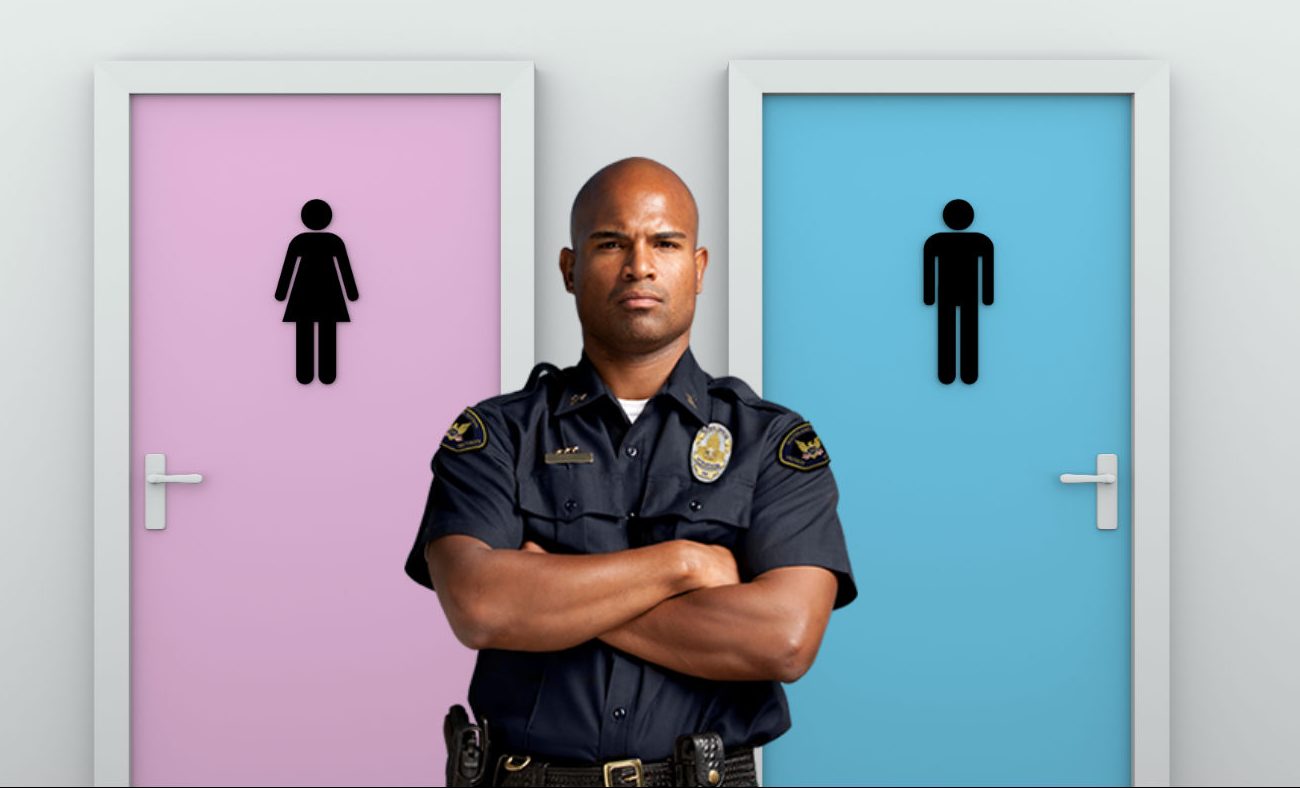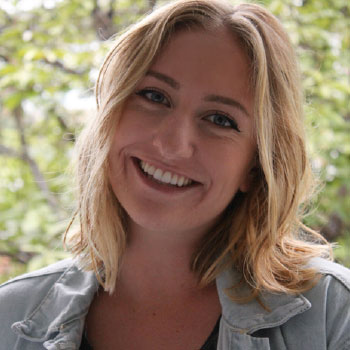In November of last year, the New York Post published a story detailing the apparent deep-rooted distrust of Brooklyn College students toward the New York Police Department officers who use the school’s bathrooms while working on the campus. The article openly and wrongly asserts that the college was planning on initiating policies to ban cops from campus bathrooms because they make students feel unsafe. In an attempt at investigative journalism, the authors of the piece visited the restroom in the West End Building and described the “horrendous” state of that particular bathroom, which they repeatedly remind readers is attached to taxpayer-funded buildings.
The New York Post’s exposé was quickly debunked by both Brooklyn College’s president, Michelle Anderson, and by the authors themselves. Authors Alex Taylor, Shawn Cohen and Bruce Golding acknowledge at the tail end of their piece that Brooklyn College’s director of campus security and public safety, Donald Wentz, emphasized the “key words” of the entire issue were “we prefer,” meaning no official action had taken place to force cops to use designated bathrooms on campus.
Wentz explained to the Post that students might feel alarmed to see police walking across quads on campus, interpreting their presence as an emergency situation. Anderson backs Wentz’s statements, as the Ditmas Park Patch, a local news source, reported.
She made it clear that the New York Post’s story about Brooklyn College was embellished, noting, “Brooklyn College does, in fact, welcome police to use its campus bathrooms. No policy has changed. We have always allowed public servants to use our facilities under a neutral policy that applies to police, sanitation workers, traffic enforcement agents, and others who work in the field.”
Brooklyn College’s brief bathroom scandal, while largely deflated, points to a rooted issue that gets overlooked too often across the United States: not everyone feels safe around the police, even on college campuses. Though an obvious statement to many, specifically people of color, some Americans have yet to realize this densely packed idea.
The student population at Brooklyn College catches a glimpse of colleges across the nation, as well as American society. According to the Brooklyn College website, the school community, which is 17 percent Asian American, 17 percent black or African Americans, 20 percent Hispanic and 25 percent white, among others, is diverse in terms of represented ethnicities.
Compared to the United States Census Bureau’s 2016 demographic estimates, Brooklyn College is considerably more diverse than the U.S. population as a whole. The New York Post’s recent attempt at institutional muckraking only further elicits acknowledgment of the school’s diversity, especially when the topic at hand is public safety and police.
The Pew Research Center has conducted multiple research surveys to gauge citizens’ attitudes toward police officers. A recent survey, conducted in September 2017, reaffirms the various studies conducted in years past, which demonstrates that, on average, many black Americans feel “colder” toward cops compared to white Americans.
Only 30 percent of black participants rated their feelings toward police as “warm,” whereas 38 percent expressed “cold” attitudes. Hispanic respondents rated their feelings for police officers as relatively “warm,” though these attitudes were still 18 percent lower than white respondents. Another survey depicts similar findings, though the focus rests on confidence in police forces in participants’ communities.
The survey found that black and Hispanic Americans were significantly less confident that cops would perform their jobs well in their respective communities. One specific question in the survey rated respondents’ confidence that police would not use excessive force on suspects.
A majority of both blacks and Hispanics expressed low levels of confidence in this instance. Both data sets illustrate the racial disparity in trust for police, which plays an important role in Brooklyn College’s recent run-in with the law, so to speak.
As colleges continue to evolve into spaces for free thought for everyone, administrators and students alike should include racial differences in discussions about public safety. Though policies at Brooklyn College remain unchanged in terms of cops using restrooms as needed –which, in and of itself, is indicative of the inclusive environment that the school fosters – the larger topic need not remain closeted. Attending to attitudes that differ for communities of color, especially when it comes to feeling safe in an environment meant for expanding education and opportunity, is required for college campuses to reach their full potential.

















